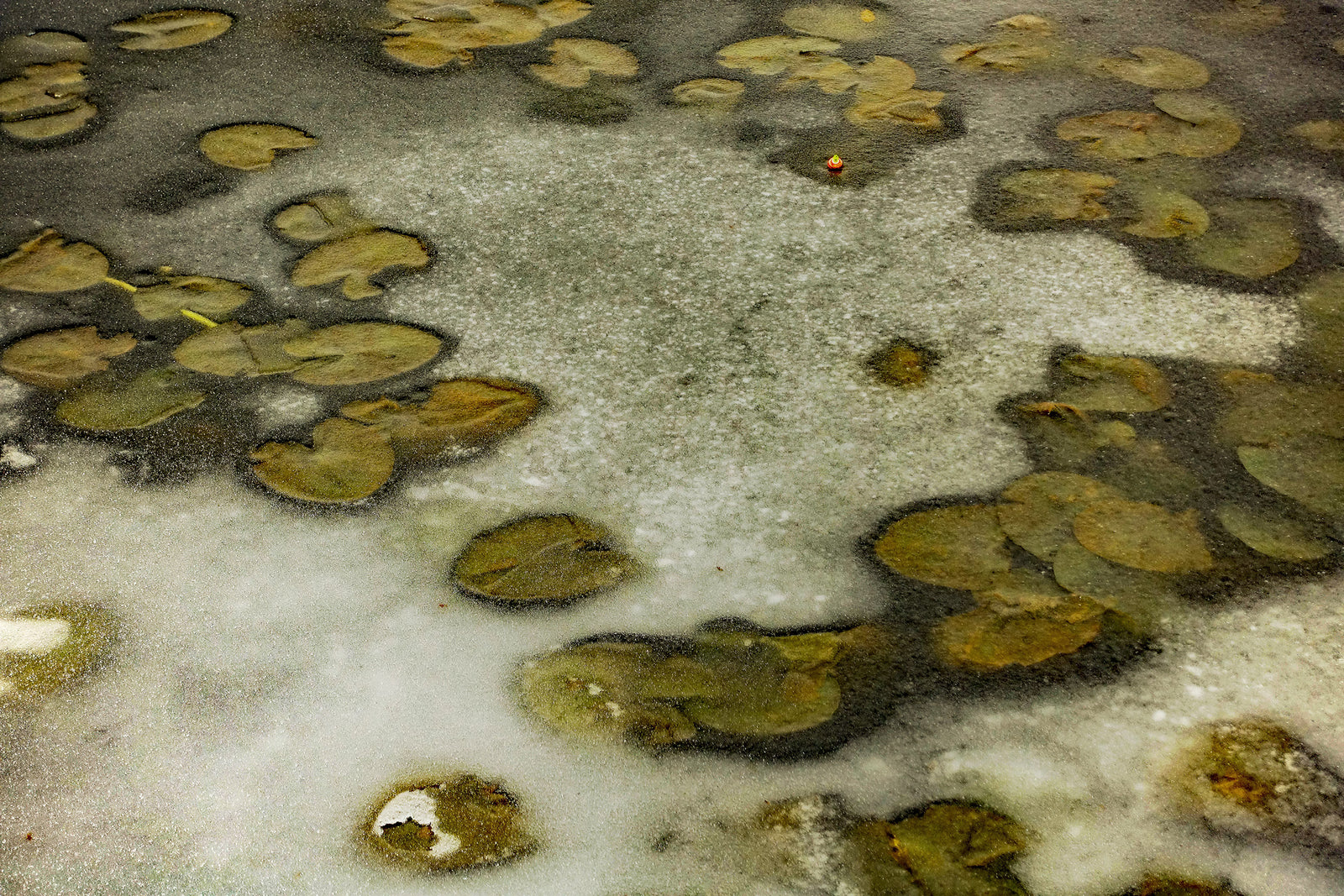November 02, 2023
How to Winterize Your Garden

Winterizing Your Garden: Ensuring a Blooming Spring
Just as homes don't lose their essence after winter-proofing, your garden doesn't have to remain dormant during winter either. It's possible to have it spring-ready, but it requires planning, effort, and consistency. Here's a comprehensive guide on winter gardening:
1. Plan Ahead
-
Map Out Your Winter Gardening Strategy: Understand your area's frost dates. Consult the USDA's plant hardiness zone map to determine which plants can weather the winter and which ones need extra care.
-
Gardening Almanac: Local gardening almanacs offer specific advice on planting by climate. They cater to specific cities, states, or zip codes. Our Gardening Guide also provides valuable insights on landscaping based on different climates.
-
Schedule Tasks: Note down all winter-prepping chores and activities. For instance, roll up garden hoses, store plastic containers to prevent cracking, and empty lawn mower fuel tanks.
2. Cleanup Before the Cold
-
Garden Debris: Clear your garden of decaying foliage, dead stalks, and other refuse to prevent them from becoming pest havens. Rake up fallen leaves and trim any overgrown shrubbery.
-
Store Accessories: Keep garden tools like hoses, rakes, and buckets in a shed to protect them from frost damage. Ensure your compost pile is covered with a tarp or hay to prevent it from getting wet.
3. Weed Out The Unwanted
- Pre-Winter Weeding: Weeds can be hardy and might survive the cold, posing a threat to your plants. Extract those with seed heads thoroughly, ensuring that no seeds are released. Dispose of them properly in a sealed garbage bin.
4. Protect Your Plants
-
Insulate Shrubs: Plants can be vulnerable to the cold. Use burlap sacks or thick fabrics to wrap your shrubs and shield them from freezing temperatures and windburn. Avoid using plastic, as it can suffocate and overheat plants.
-
Mulching: Think of mulch as a winter blanket for plants. It provides warmth, retains moisture, and deters weeds. Newly planted flora that haven't fully rooted will especially benefit from mulching. Monitor the mulch periodically, especially during mid-January to early February, and reapply if it's been displaced by strong winds or heavy rainfall.
Your garden deserves attention year-round, not just during spring or summer. By taking these winter-prepping steps, you'll ensure your garden remains vibrant and ready to bloom once the cold subsides.
What are the initial steps to prepare my garden for winter?
The key to preparing your garden for winter lies in early planning. You should start by understanding your area's frost dates and consulting the USDA's plant hardiness zone map to identify which plants can endure the winter. Utilizing a local gardening almanac can provide climate-specific planting advice. Additionally, scheduling all necessary pre-winter tasks is crucial. This includes rolling up garden hoses, storing plastic containers to prevent cracking, and emptying lawn mower fuel tanks.
Why is garden cleanup important before winter, and what does it involve?
Garden cleanup is a vital step in winterizing your garden. It involves clearing your garden of decaying foliage, dead stalks, and other debris to prevent them from becoming breeding grounds for pests. You should rake up fallen leaves, trim overgrown shrubbery, and store garden tools like hoses, rakes, and buckets in a shed to protect them from frost damage. Additionally, ensure your compost pile is covered to keep it dry.
How can I effectively manage weeds during winter preparation?
Managing weeds is an essential part of winter garden preparation. Weeds can be resilient and survive the cold, threatening the health of your plants. Focus on extracting weeds with seed heads thoroughly, making sure no seeds are released. Dispose of these weeds in a sealed garbage bin to prevent them from spreading.
What measures should I take to protect my plants during winter?
Protecting your plants in winter involves insulating shrubs and proper mulching. Use burlap sacks or thick fabrics to wrap your shrubs, shielding them from freezing temperatures and windburn. Avoid using plastic as it can suffocate plants. Mulching acts like a winter blanket, providing warmth, retaining moisture, and deterring weeds. This is particularly important for newly planted flora that haven't fully rooted. Regularly check the mulch, especially during mid-winter, and reapply as needed.
Why is winterizing my garden beneficial, and what can I expect as a result?
Winterizing your garden ensures it remains vibrant and ready to bloom once the cold subsides. This process not only protects your plants from the harsh winter conditions but also sets a strong foundation for them to flourish in the spring. By taking these steps, you create a healthier, more resilient garden that can better withstand the winter and bloom more vigorously in the warmer months.

Also in Rubber Mulch Blog

Embracing Eco-Friendliness by Choosing Rubber Mulch for Your Playground
June 17, 2025
“Reuse, Recycle, and Reduce” are three main aims when it comes to preserving the health of our planet. Rubber mulch definitely falls within their scope. Conserving resources, energy efficiency, and better health for kids are all rubber mulch benefits.

Effective Mold and Fungi Prevention: The Hidden Value of Rubber Mulch
October 31, 2024

Create Your Own Sensory Path with Rubber Pavers
October 28, 2024
shop
Copyright © 2025 RubberMulch.com - All Rights Reserved.






